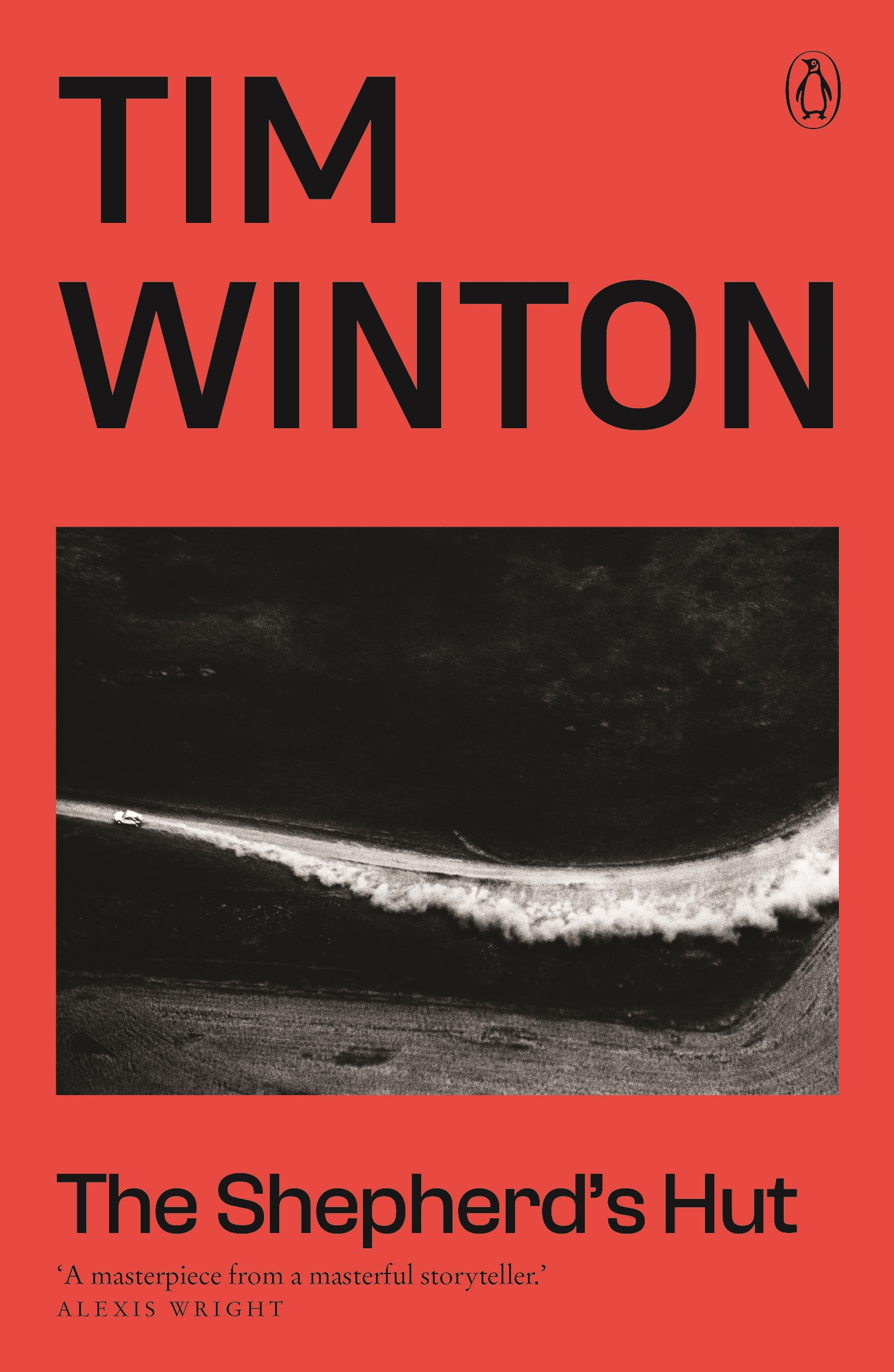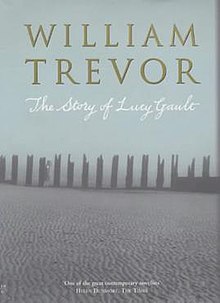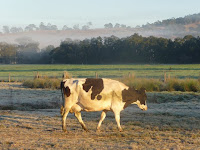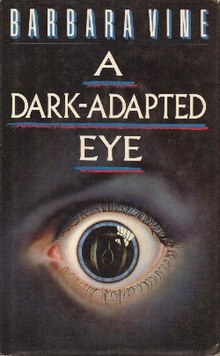Coetzee is a Nobel Laureate, so it is only to be expected that his writing will be complex and layered: in ‘Elizabeth Costello’ he uses the format of essays (the 8 ‘lessons’ of the book’s full title) to present philosophical debates on some very deep subjects of literature and human conflict, in the guise of public lectures by a fictional author. The lessons are linked as a chronological account of her travels as she attends an award ceremony in America, lectures at various academic institutions there and in the Netherlands, works as a guest speaker on a cruise ship and visits her long estranged sister in Africa.
The central character, Elizabeth Costello, is a well-known and prolific author; as she is ageing, she finds herself not only reflecting on her life but feeling doubts about her long-held certainties. She dislikes the rituals required of celebrity, in particular answering questions about her beliefs: in fact she denies having beliefs, contending that she is simply ‘a secretary’ who writes about issues that present themselves to her. Her son, who accompanies her to the first of these occasions, is a loyal supporter who appears to have come to terms with his unhappy childhood – a period when Elizabeth was a driven and single-minded writer who made no allowance for the emotional needs of children.
Her first lecture purports to address the subject of realism, which does not delve in ideas in writing. Elizabeth favours a time when word pictures were clear and concise:
‘Supply the particulars, allow the significations to emerge of themselves.’
Thus, while her lecture, using the example of Kafka’s trained ape, left her audience bewildered and unimpressed, (me too, Kafka as clear and concise?) she justifies her choice to her son as an indication of how that ape’s real, unnatural life remains embedded in the mind.
Her shipboard guest lecture, on the future of the novel, opens with the jolting declaration that for her, the subject has no interest – what, this from a novelist? You can just about feel the horror of her affluent middle class audience!-because the novel is really an author’s imagined version of shared experiences of the past, therefore appealing to readers. As there is no collection of human experience of the future, there can be no corresponding shared experience.
In this chapter, the talk delivered by her fellow guest novelist, Nigerian Emmanuel Egudu, focuses on why the novel is much less a societal icon in Africa. He describes the traditional oral storytelling culture, the general poverty:
‘…in the great…global system under which we live today, it has been allotted to Africa to be the home of poverty.’
He also makes the point that in parts of Africa the writer is ‘a dissident intellectual, and dissident intellectuals must tread carefully…’
This sounds like Coetzee writing of his own experiences as an author.
Elizabeth’s lectures on animals reinforce her difference from the mainstream. She offends her audiences by likening the mass slaughter of animals for human consumption to the Nazi holocaust, and contends that the Nazis formed their plans for the gas ovens after seeing the slaughter houses in Chicago. Her argument is that all the Germans and Poles who must have known what was happening virtually in their backyard, chose to ignore it because they did not picture themselves in those wagons, being driven into those death chambers; similarly, we choose not to see the reality and cruelty of mass factory farming because we do not picture ourselves as those animals – they are ‘the other’.
When audience members discuss this and why animals, even to thousands of poets and philosophers, are ‘the other’, someone says we consider the animals unclean, ‘we don’t have sex with them’; to which she snaps back ‘no, but we eat them’. Also, she dislikes the ecology movement as an instrument for setting quotas-how many of a species should be allowed to survive, whereas there are no such quotas for humans. Not flinching from her own hypocrisy, when she is lauded for her stance she retorts ‘but I’m wearing leather shoes, and carry a leather handbag’. These chapters on vegetarianism, and her conflict with her daughter-in-law over children’s diet, are for me the most striking in the book.
Visiting her sister Blanche, a widely respected missionary and academic in Zululand, Elizabeth listens to her sister’s award acceptance speech, a thesis on how the academic Humanities has largely let down the general population as it has left behind its Christian roots and become, to Blanche and other committed Christians, enslaved to ‘the monster of reason’ denying its Biblical history. Predictably the audience is not happy and one professor dismisses it on the grounds that ‘this is a secular age, you cannot turn back the clock’. Elizabeth, while not as committed as her sister, believes that studying humanities needs to do more to provide some kind of life guidance for young students. There is an ironic dig at contemporary education funding when one man says loftily ‘the humanities are the core of the university’, she notes mentally that in her opinion the core business of universities today is moneymaking! However, her preference for the arts over religious fervour is obvious when she pillories Blanche for allowing a native craftsman ‘waste’ his creative talent churning out identical carvings of Christ on the cross to sell for the church, rather than helping him develop his skill more comprehensively.
In her lecture on Evil, Elizabeth is shown to be revising her support for lack of censorship. She has read a horribly detailed description of the punishment by hanging of former Nazi officers who attempted to assassinate Hitler; the description of their humiliation and degradation by the hangman preys on Elizabeth’s mind as she concludes that some events should not be detailed, some evil should be kept hidden from the world’s eyes, lest it infect us all. The description of the incident is ugly and horribly confronting.
Coetzee also uses crudely confronting images in Elizabeth’s musings on sex – memories of her own exploits as well as on the sexual habits of the gods.
There are frequent references to Elizabeth’s age and its inevitable imagining of life ending: her slapdash dressing with an ancient raincoat; shoes that ‘make her look like Daisy Duck’ (cruel!); chronic tiredness and bouts of nausea; her expressed uncertainty on issues she has always been clear about.
Therefore the last lesson, ‘At the Gate’, is recognizable as an allegory, with Elizabeth in an unspecified location, as if travelling, and cannot open a gate without providing a statement of her beliefs to a judging panel who may or may not allow her in. After protesting in vain about her lack of beliefs, she finally gives a presentation about memories of childhood and the frogs that always appeared and disappeared after rain; at last she is able to bring that to a somewhat obscure conclusion of her life beliefs.
I loved this book. I enjoyed the structure, which allowed a gradual understanding of the central character, and I really liked the straightforward prose. I had to re-read the whole book to be able to understand the complicated thinking in the ‘lessons’; at first it seemed impossible to read for anyone without a thousand classical references to hand, but in fact it flows very well without dissecting every reference. I have read that the book is autobiographical, but am not familiar enough with Coetzee to comment on that. I have read that he is notoriously ‘difficult’ in the area of attending award ceremonies, book launches and the like, which certainly sounds like Elizabeth Costello.
Helen

























